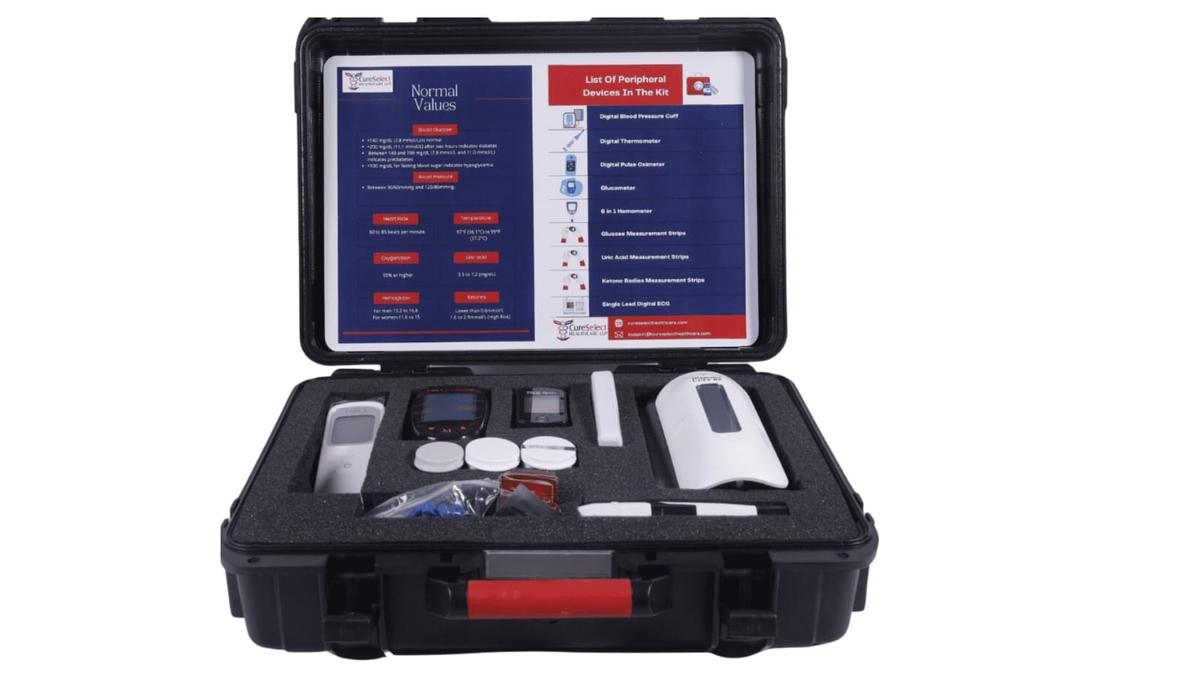Eleven people have died in an outbreak of Listeria infections traced to supplemental shakes served at long-term care facilities. The Food and Drug Administration was notified of the outbreak on Nov. 25, 2024. However, the agency did not report the cause of the illnesses until today. “FDA’s traceback investigation identified… Continue Reading Foodborne Illness Investigations, Foodborne Illness Outbreaks, 2025 outbreaks, Liateria, long-term care homes, Lyons ReadyCare, supplemental shakes, Sysco Food Safety News
Eleven people have died in an outbreak of Listeria infections traced to supplemental shakes served at long-term care facilities.
The Food and Drug Administration was notified of the outbreak on Nov. 25, 2024. However, the agency did not report the cause of the illnesses until today.
“FDA’s traceback investigation identified that each of the long-term care facilities who supplied invoice information for review from 2024 to present received a frozen supplemental shake of either Sysco or Lyons ReadyCare brand. As part of this investigation, FDA collected environmental samples and found the outbreak strain of Listeria,” according to a notice from the FDA that was released after 6:30 p.m. Eastern time on Feb. 21.
The Centers for Disease Control and Prevention reports that cases in the outbreak date back as far as 2018. The bulk of the confirmed patients, 20, were identified in 2024 and 2025. As of Feb. 21 this year, 38 people across 21 states have been identified as part of the outbreak. Thirty-seven patients had to be hospitalized.
The FDA has been informed that certain Sysco Imperial and Lyons ReadyCare Frozen Supplemental Shakes are being recalled. The FDA is working with the recalling firms. FDA’s investigation is ongoing. The frozen supplemental shakes were distributed to foodservice customers, including hospitals and long-term care facilities.
About Listeria infections
Food contaminated with Listeria monocytogenes may not look or smell spoiled but can still cause serious and sometimes life-threatening infections. Anyone who has eaten any of the recalledproducts and developed symptoms of Listeria infection should seek medical treatment and tell their doctors about the possible Listeria exposure.
Also, anyone who has eaten any of the recalled products should monitor themselves for symptoms during the coming weeks because it can take up to 70 days after exposure to Listeria for symptoms of listeriosis to develop.
Symptoms of Listeria infection can include vomiting, nausea, persistent fever, muscle aches, severe headache, and neck stiffness. Specific laboratory tests are required to diagnose Listeria infections, which can mimic other illnesses.
Pregnant women, the elderly, young children, and people such as cancer patients who have weakened immune systems are particularly at risk of serious illnesses, life-threatening infections, other complications and death. Although infected pregnant women may experience only mild, flu-like symptoms, their infections can lead to premature delivery, infection of the newborn, or even stillbirth.






